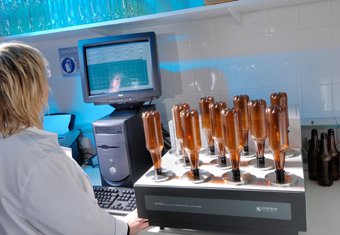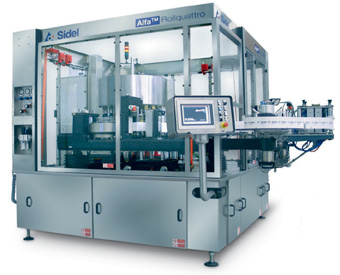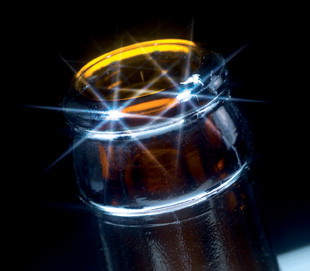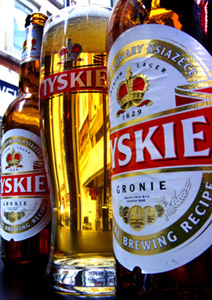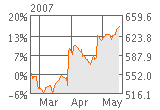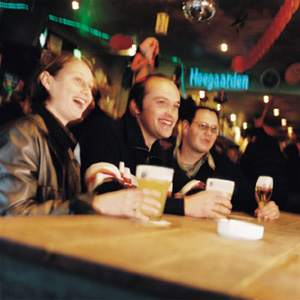
Belgian brewer InBev is seeking a buyer for its majority stake in real estate subsidiary ImmoBrew.
Measuring oxygen transmission through PET bottle walls remains the benchmark test for barrier equipment qualification. The Systech 8700 was originally designed to meet the challenge of faster and less costly OTR testing of ACTISTM treated PET bottles. When Sidel launched the ACTIS™ 48 machine, its high output, in excess of 30,000 bottles/hour, overwhelmed conventional methods for qualification and quality tracking, even relying on statistical sampling.
In its meeting held on 6 May 2007, the EBC Analysis Committee elected new officers as follows:
A new benchmark in beer filtration enzymes
Sidel’s new Rollquattro Evolution labeler offers 30 percent faster changeover times and 20 percent more accuracy at high speeds. AlfaTM Rollquattro roll-fed labelers apply wrap-around labels in paper or plastic at high speeds (up to 72,000 containers/hour) onto glass, plastic or metal containers. The Rollquattro Evolution guarantees superior quality labeling while helping to lower production costs, which reduces overall bottle costs.
Filled glass bottles have to be leakproof. But this can only be assured if the bottle’s mouth is undamaged. To enable damage to the inside sealing surface of glass bottle mouths to be detected even more accurately, Krones AG, Neutraubling, Germany, has developed a “glass sealing surface inspection” module, which can optionally be fitted to empty-bottle inspectors of the Linatronic series.
For homesick Polish immigrant workers SABMiller is bringing its Polish beer brands into London.
Ok, so we have not had a major deal in the brewing industry for a while. But will it really be SABMiller and Diageo, as rumour has it, who will break up Scottish & Newcastle?
You’d thought you’d heard it all … that higher taxes make beer more expensive … that increasing transportation costs make beer prices rise. Now, here’s a new one: protecting the environment makes beer even pricier.
The golden barrels (“Zolotaya Bochka”) must have been rolling steadily, helping to fund SABMiller’s new USD 170 million brewery in Russia.


